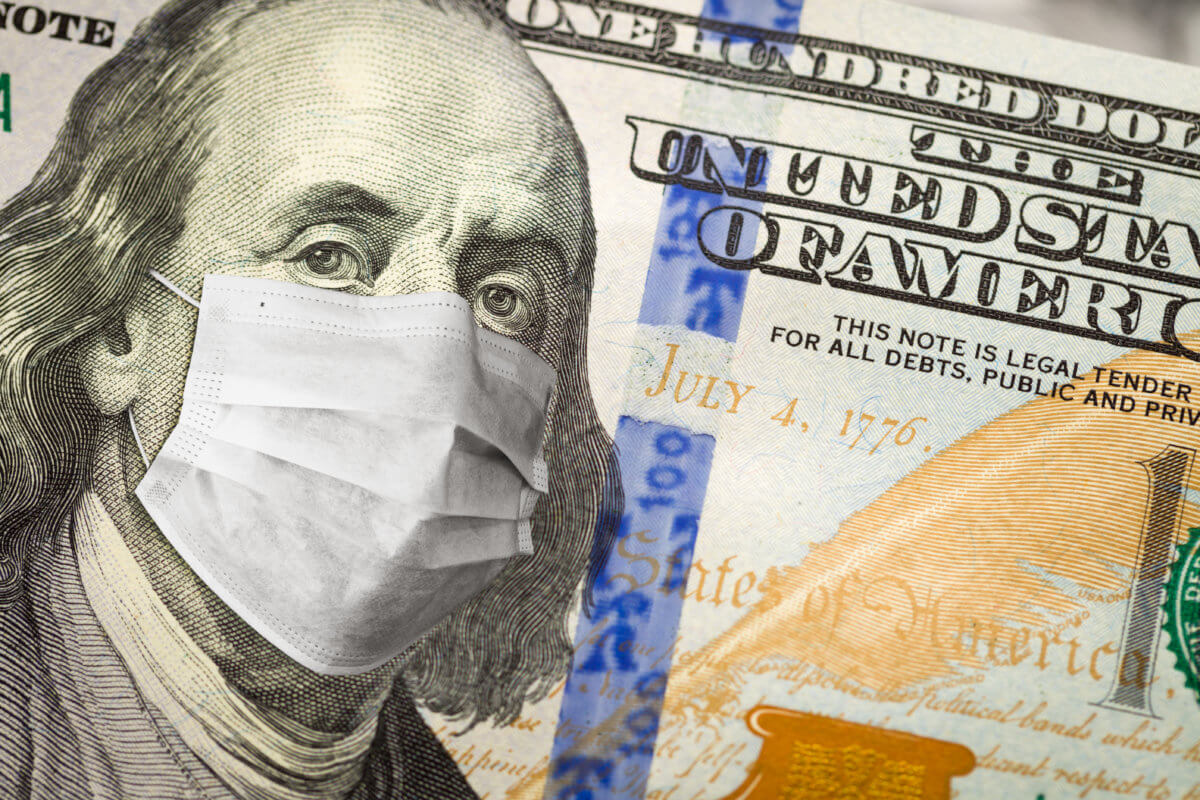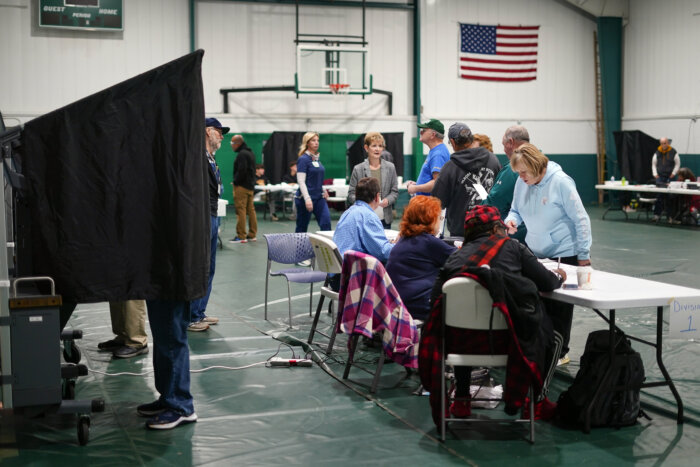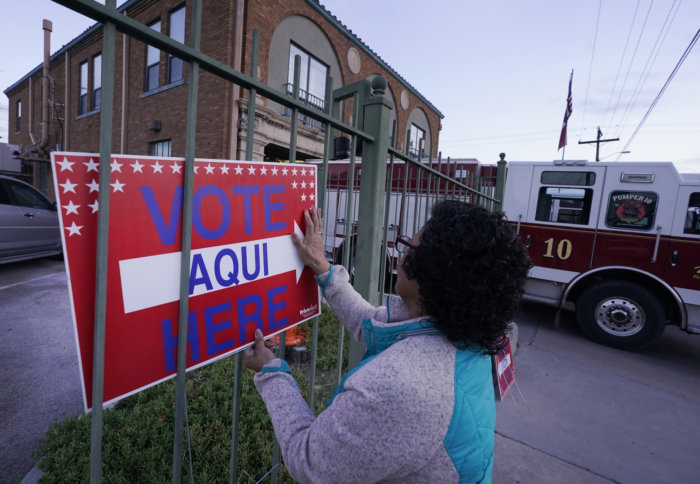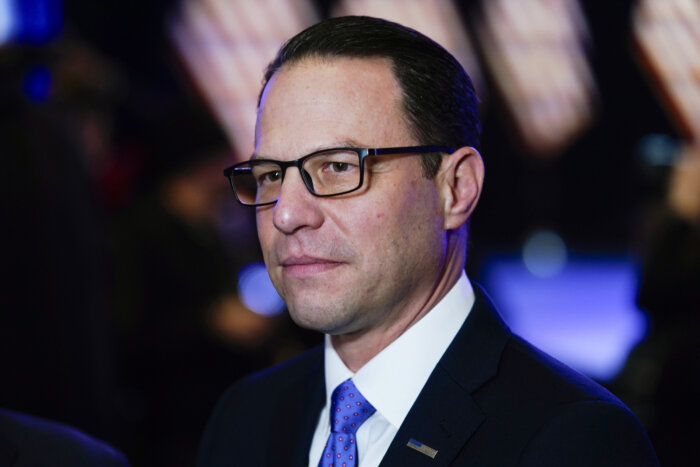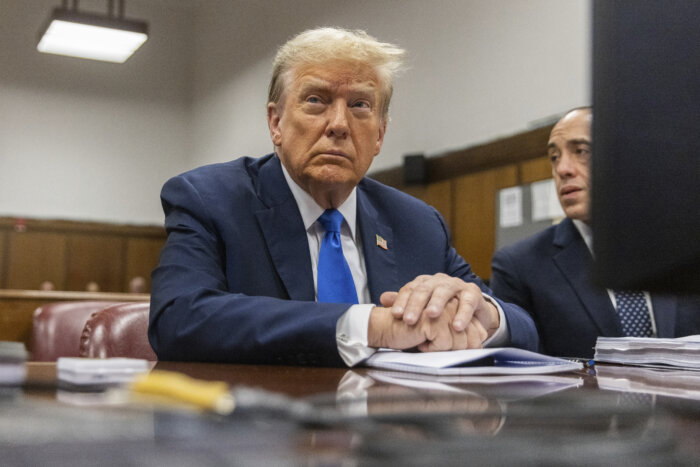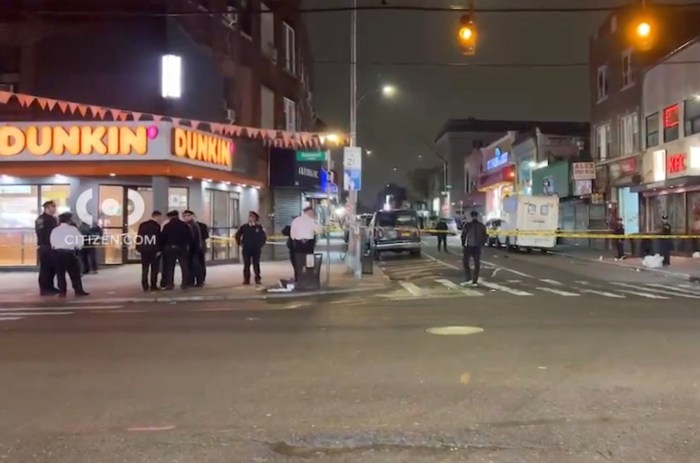City leaders on Thursday revealed the first numbers indicating the effects of the novel coronavirus on Philadelphia’s municipal budget.
Some city workers have also been notified that they will be let go at the end of the month, following the budget Mayor Jim Kenney proposed last week, which included hundreds of layoffs and pay cuts.
April tax collections, which mainly reflect business activities in March, were down nearly 50 percent, though a bulk of the decrease was due to deadline extensions that allow businesses to file city taxes by July 15.
Still, even with the extensions factored in, the city brought in 15 percent less than it did in April 2019, officials said.
“This April decline certainly reflects the tremendous drop in economic activity throughout the city as a result of the shutdown,” Kenney said. “We knew this was coming and now we have some preliminary numbers to offer proof.”
Collections on the real estate transfer tax, which are typically in the $20 million range, were $14.4 million, officials said. Parking tax revenue was cut in half, and hotel tax revenue, which brought in $6.5 million last April, registered at $1.9 million.
Managing Director Brian Abernathy confirmed that some exempt city employees have been told they will be laid off June 1, but he declined to give specific numbers. Most are now using their remaining time off, he said.
Kenney’s budget plan includes modest tax increases, slashes in spending and the elimination of several departments to address a $650 million budget gap.
Philadelphia registered 350 new COVID-19 cases Thursday and has now surpassed 17,000 cases since the start of the pandemic. Officials reported 13 additional fatalities, bringing the city’s death toll to 816.
There continue to be signs of hope, city leaders said. Positive tests are declining in nursing homes, and the city’s jail system, once a hotbed for the virus, has not reported a new case in four days.
“The trend in the number of cases is clearly downward, and it may be that it’s picking up speed in the way that it’s going down,” Health Commissioner Thomas Farley said.
COVID-19 testing continues to expand. Farley said 40 sites in Philadelphia and a total of 60 in the region are now administering tests. Locations include hospitals, community health centers, pharmacies and urgent care facilities.
Several sites have open appointments, including the Public Health Management Corporation’s locations at 1900 N. 9th St., 125 S. 9th St. and 5675 N. Front St., and Congreso Health Center, 412 W. Lehigh Ave., Farley said.
Rite Aid, which has been taking samples at its pharmacy on Ogontz Avenue in West Oak Lane, will begin testing people at five additional stores in the Philadelphia area on May 11.
In the city, the locations will include the Rite Aid pharmacies at 2401 E. Venango St., 9773 Roosevelt Blvd. and 6731 Woodland Ave. Stores at 1856 N. Broad St. in Lansdale and 762 Chester Pike in Prospect Park will also act as testing sites.
A company spokesperson said the stores will utilize a self-swab method and be open to any adult, regardless of whether they are showing symptoms. People can sign up for an appointment at www.riteaid.com.
Most testing sites in the area ask those interested to call before going to get tested.
An unintended side effect of the pandemic has been an increase in reckless driving, Kenney said Thursday. The mayor said people are speeding, making illegal maneuvers, and running red lights and stop signs.
In April, police recorded three traffic deaths, and, so far, three people have died in crashes this week, Kenney said.
“These stats are trending in the wrong direction, and this unsafe behavior has to stop,” he said. “We are not going to tolerate this illegal behavior.”
Kenney urged people to call 911 to report reckless driving.



